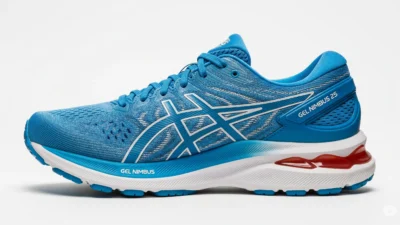When natural disasters strike, the ripple effects often linger long after the skies clear. Recognizing the continuous needs of their community, the United Way of Aiken County recently took a thoughtful step by distributing free bottled water to residents. This gesture may seem simple, but it underscores the vital role that local organizations play in ensuring that recovery extends beyond immediate emergency responses.
The distribution event, held on July 1 at Second Baptist Church, saw 52 cases of bottled water shared with community members. These supplies came out of residual relief funds initially allocated for Tropical Storm Helene, illustrating how prudent management of disaster aid can provide ongoing support. Turning unused resources into tangible assistance demonstrates a strategic, compassionate approach to disaster recovery.
Access to clean drinking water might feel like a luxury in many places, but during and after storms, it becomes a lifeline. By addressing basic needs such as hydration, organizations help prevent secondary health issues and create a foundation for broader rebuilding efforts. This event highlights the importance of not just immediate aid but sustained attention to the multifaceted challenges faced by affected populations.
Moreover, choosing a community-centered location like Second Baptist Church added a layer of accessibility and trust to the initiative. Faith-based and local institutions often serve as pillars within their neighborhoods, making them ideal partners for distribution efforts. Collaboration between nonprofits and local entities accelerates the flow of aid and fosters a sense of communal resilience.
Ultimately, this water giveaway is more than a distribution event; it’s a reminder that recovery is a marathon, not a sprint. By repurposing residual funds and engaging trusted community spaces, United Way of Aiken County not only meets immediate needs but also strengthens the social fabric. Such initiatives encourage us all to think about how sustained, thoughtful support can help communities weather both the literal storms and the longer journeys toward renewal.


